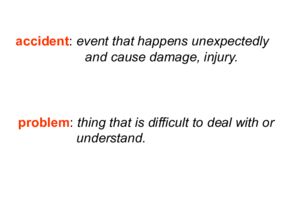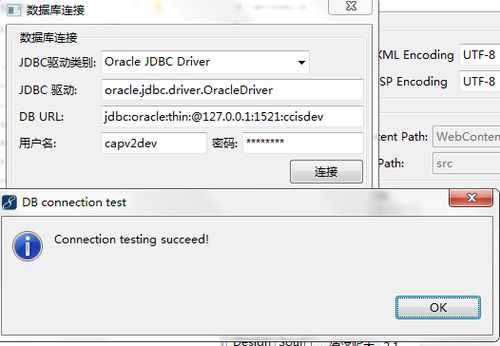What Should Work for Ada Instead of Clicking a Link
Ada, you’ve been clicking links for years, but there’s a better way to get the information you need. Instead of relying on the click-and-hope method, consider these alternatives that could revolutionize your online experience.
1. Utilize Search Engines with Advanced Features

Search engines like Google and Bing have evolved beyond simple keyword searches. Here are some advanced features you can use:
| Feature | Description |
|---|---|
| Google Scholar | Searches for academic papers and articles, perfect for research. |
| Google Alerts | Notifies you when new content is published on a specific topic. |
| Bing News | Customizable news feed based on your interests. |
| Google Trends | Shows the popularity of search terms over time. |
2. Explore Social Media Platforms

Social media platforms can be a treasure trove of information. Here’s how to make the most of them:
-
Follow industry experts and thought leaders to stay updated on the latest trends.
-
Join relevant groups and forums to engage in discussions and ask questions.
-
Use hashtags to discover content related to your interests.
3. Use RSS Feeds

Instead of visiting multiple websites to check for updates, RSS feeds can deliver the content directly to your inbox or feed reader:
-
Find the RSS feed link on your favorite websites.
-
Subscribe to the feed using an RSS reader or email service.
-
Stay informed without the need to click through multiple links.
4. Leverage Podcasts and Webinars
Podcasts and webinars are excellent resources for learning and staying informed:
-
Subscribe to podcasts on topics that interest you.
-
Attend webinars to gain insights from industry experts.
-
Take advantage of the wealth of knowledge available in these formats.
5. Try Out Content Aggregators
Content aggregators can help you discover new content and streamline your information consumption:
-
Feedly allows you to create a personalized news feed from various sources.
-
Flipboard offers a magazine-like experience with curated content from various sources.
-
Use these tools to discover new content and save time.
6. Make Use of Online Libraries and Databases
Online libraries and databases provide access to a wealth of information:
-
Use Google Scholar to find academic papers and articles.
-
Explore JSTOR, a digital library of academic journals.
-
Access databases like PubMed for medical research.
7. Set Up Email Alerts
Email alerts can notify you when new content is published on specific websites or topics:
-
Visit your favorite websites and look for the email alert option.
-
Enter your email address to receive notifications.
-
Stay informed without the need to click through multiple links.
8. Use Browser Extensions
Browser extensions can enhance your online experience and make it easier to find information:
-
Grammarly helps you improve your writing and grammar.
















